What just happened?👀👀👀
Yesterday, news broke about a "trade deal" that had never happened before.
Nvidia and AMD agreed with Trump to give the U.S. 15% of revenues from chip sales in China to lift export controls.
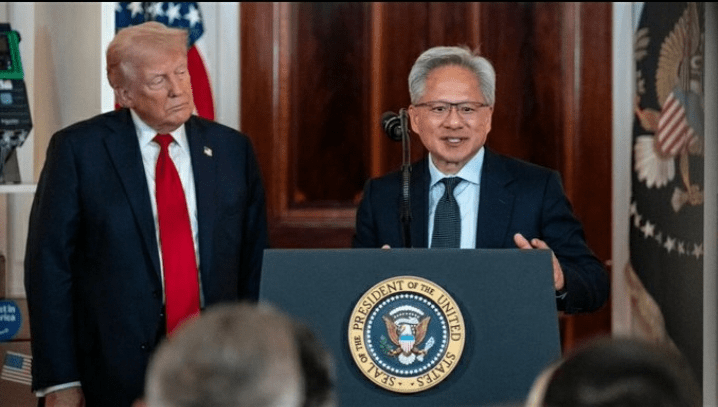
This deal represents a new era for American companies.
The U.S. Department of Commerce began issuing export licenses again on Friday.
This came just two days after Nvidia CEO Huang met with President Trump.
We now know exactly why things changed "quietly."

Nvidia incurred losses of $4.5 billion in the quarter ending in July after Trump imposed the original licensing requirement.
Jensen Huang said that a ban on Nvidia chip sales to China would result in a loss of $50 billion over two to three years.
At this moment, Jensen Huang realized he had to do something.
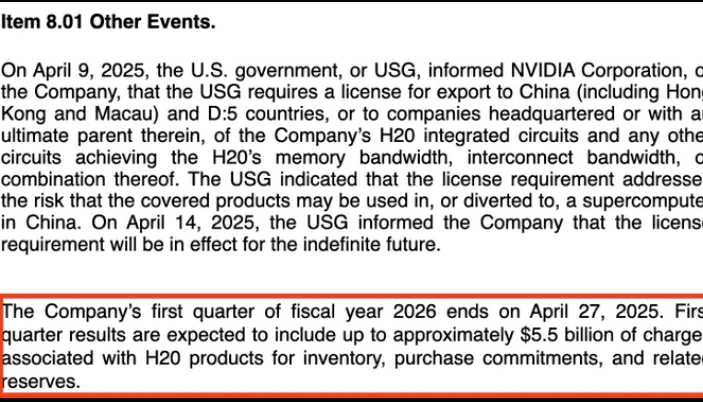
Instead, Nvidia is expected to sell about 1.5 million H2O chips to China by 2025.
This is expected to generate around $25 billion in revenue, according to our estimates.
This will cost Nvidia about $3.8 billion, which is much lower than $50 billion over three years.
But that's why this is really a huge step.
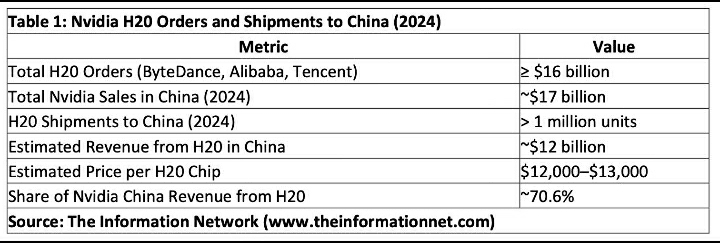
The trade war has now entered an era where American companies must make trade deals with Trump.
We saw the first signs of this in May 2025 when Trump threatened to impose a 25% tariff on iPhones.
How did Apple react?
A $600 billion investment in the U.S. three days ago.
This was their "deal".
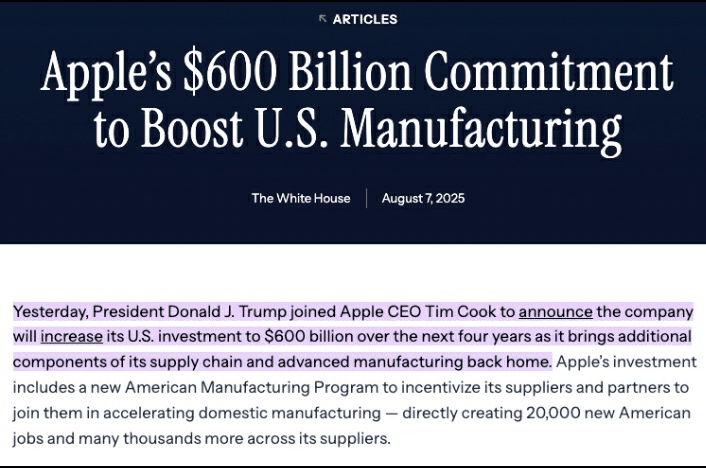
Intel is next.
On August 7, Intel's stock fell after President Trump said the company's CEO "must resign immediately."
He claimed that the CEO of his company suffers from a "serious conflict of interest" due to ties with China.
The CEO of Intel is visiting the White House today to talk with Trump.
We expect a "deal".

The problem is what happens to the "small" companies?
Small businesses represent about 44% of the U.S. GDP, and the S&P 500 employs nearly 18% of Americans.
These companies do not have the ability to make individual deals with Trump.
Instead, they are facing comprehensive tariffs.
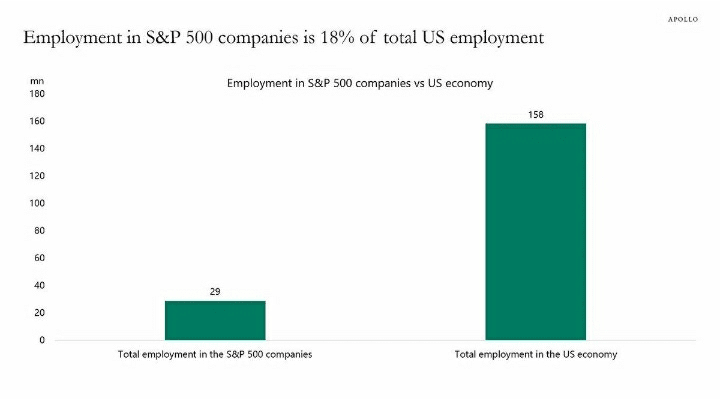
The other question is: how will Trump decide who needs to make a deal?
And will it open the door for companies that were previously restricted from selling their products to China?
Can Lockheed Martin sell F-35 aircraft to China for a 15% commission?
This move opens the door to a big problem.
It can be argued that Nvidia is one of the most important strategic assets the U.S. has.
The company controls nearly 90%+ of the global artificial intelligence chip market.
If the 15% commission allows them to sell to China and lift export controls, many other companies are now considering it.
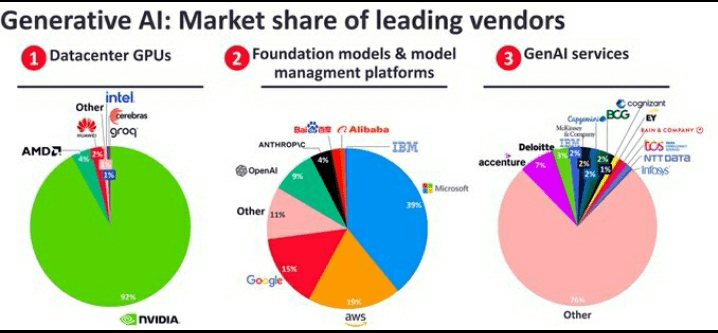
They are also in a state of panic.
The trade war has now become about making individual deals with Trump.
If you can't reach an agreement, you will be subject to broader tariffs.
49% of Mag 7's revenue comes from outside the U.S.
We expect Amazon, Meta, Tesla, and Microsoft to be the next companies.
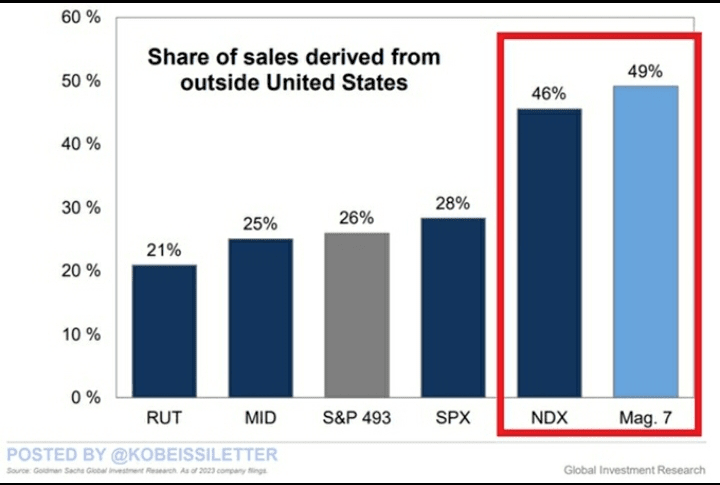
The market will soon react to these new deals as soon as they are announced.
We believe this will actually drive stocks up, as big names get bigger and small names get smaller.
The result here will be a more concentrated stock market.
The top 10 stocks now represent
A record 40% of the S&P 500
And these will be the same companies making deals, which will lead to widening the gap.
Follow us for real-time analysis as this situation evolves.♥♥♥♥


